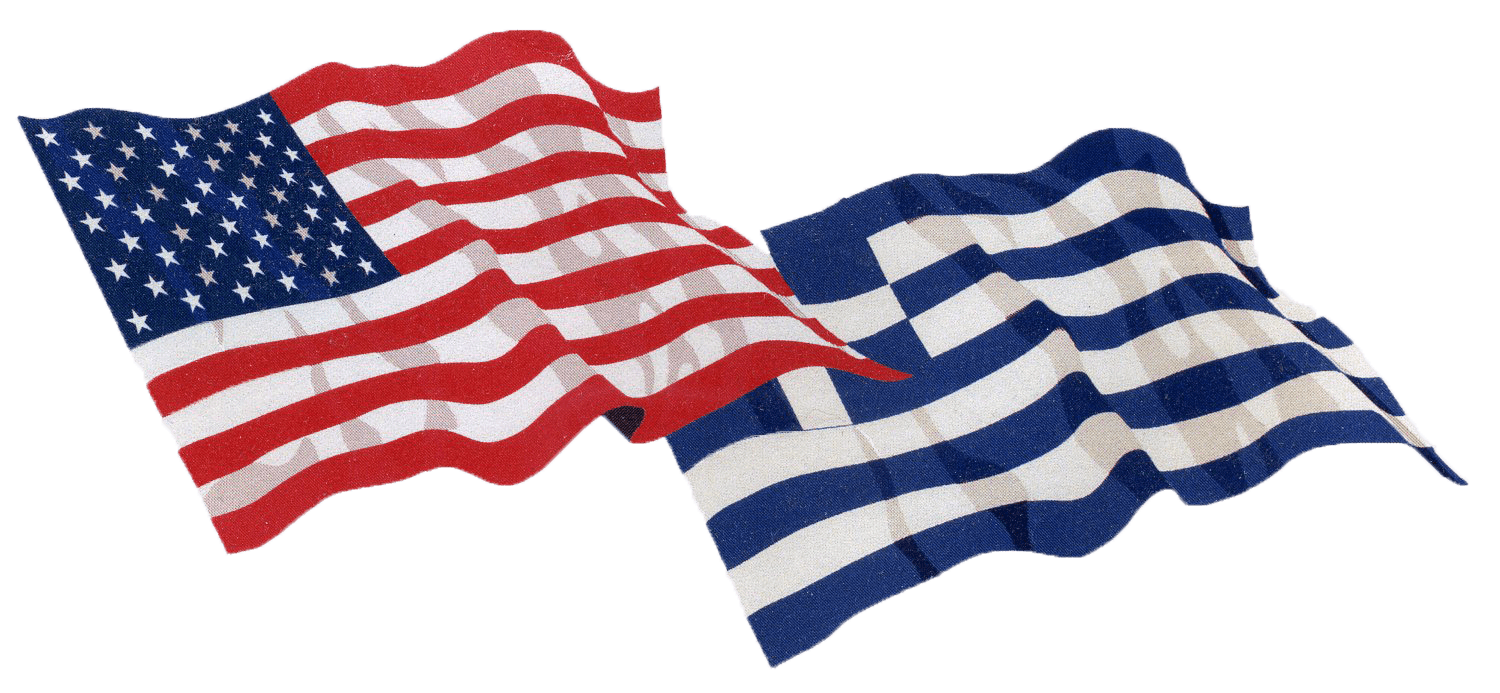First session of the Strategic Dialogue – high expectations, low deliverables
By Alec Mally, Director for Global Economic Affairs at IPEDIS-New Europe
In an atmosphere of already close bilateral relations, the US and Greece inaugurated their “Strategic Dialogue” in Washington on December 13. US Secretary of State Mike Pompeo and Alternate Minister of Foreign Affairs Georgios Katrougalos headed the high-level interagency delegations, which discussed five pillars of the close bilateral relationship. It is difficult to pinpoint specific “deliverables” emerging from this encounter and about which much had been written and circulated in the Greek media, but this is simply the start of a bilateral process which should encompass governments of both sides in the coming years in a continuing process of deepening ties.
Unquestionably, times are good
There is no debate that Greek-American bilateral relations are excellent. The focus of almost all US Government information and media work in Greece over the last month has been to highlight the US-Greece Strategic Dialogue as the next step in a year of steadily improving relations, accompanied by a narrative that bilateral relations are at, or close to, their historic zenith.
There was practically no attempt made to explain that the US also has such “strategic dialogues” with a range of interlocutors such as Pakistan, India, China, Qatar as well as allies like Italy. The US Embassy in Athens had indicated the focus in Washington was to be on “the important geopolitical dynamic around Greece right now” which is, unfortunately, something that is almost always true.
Others interpret the Strategic Dialogue as some kind of reward/acknowledgement to the government of Prime Minister Alexis Tsipras for signing the Prespes Accord with Macedonia/FYROM last June and also for designating the US as “Honored Country” in September’s Thessaloniki International Fair, bringing the US forward in the normal annual rotation for this distinction among Greece’s major commercial partners.
Overexposed?
The danger of the kind of media over-exposure witnessed before the Strategic Dialogue meeting is that the Greek public could easily develop the perception that senior American officials in Washington and elsewhere spend more time focusing on Greek affairs than is the case, and that somehow Greece is “punching above its weight” with the Trump Administration. As much as people would like to believe it, this simply isn’t true, as most of the attention the country receives is a by-product of regional instability, and not because Athens’ voice now carries more weight in Washington.
The best of times
The currently circulating narrative that bilateral relations are at, or near, their zenith clearly serves both the Tsipras government and US officials charged with managing the relationship. But who understands so little about the history of the bilateral relationship so as to try to revise recent history?
Just a brief glimpse 20 years back should prove that the current narrative is questionable at best and will highlight the fact that US-Greece bilateral relations after Bill Clinton’s 1999 visit to Greece were more important to the people that matter in Washington than they are today. This is true despite the negative press about the anti-Clinton demonstrations and the security situation in those days.
The reason is simple, back in that period an economically expanding Greece, working diligently to join the Euro, actually had tangible resources to offer the region, other than just its strategic location and high-sounding pronouncements about regional stability.
The essential element was the $500 million Greek Development Program for Southeast Europe that came to light when Bill Clinton visited, formally named the Hellenic Plan for the Economic Reconstruction of the Balkans, or HiPERB.
Thanks to this initiative by then-Prime Minister Costas Simitis, Washington saw Greece as a true partner in regional development, for the medium term, and was deeply impressed as well by the dynamic role played by the Greek private sector in investing across the region, helping to support market-driven economic development. For a time, Greece was a true “driver” of regional development. Today due to the lingering Greek economic crisis nothing like this can even be imagined, although plenty of speeches have been given on Greece’s role as a “regional stabiliser.”
Strategic Dialogue – heavy on platitudes
In perspective, the Strategic Dialogue serves a specific purpose, to keep the bilateral relationship moving forward. Officially, “the Strategic Dialogue builds on a year of intensive engagement, highlights the strength of the bilateral relationship, and confirms the mutual commitment of the United States and Greece to deepen cooperation in the following areas: Regional cooperation, defense and security, law enforcement and counterterrorism, trade and investment, energy, and people-to-people ties.” (See communique)
The two areas where expectations, perhaps somewhat over-articulated, were not met in terms of “deliverables” are in the field of energy trade and defence cooperation.
There had been wider expectations of an agreement between Greece’s state-owned DEPA and a US Liquified Natural Gas (LNG) exporter, but instead, a single spot purchase arrangement was announced as a form of consolation prize, for delivery at the newly-expanded state-owned Revythousa terminal at the end of December. Both countries see a long-term agreement as strategically vital, and negotiations reportedly continue.
Although it was surely discussed, there is no mention in the communique of a critical topic always raised when senior Greek defence delegations visit the US, namely a multi-year extension for the US Naval Support Facility (leased) at Souda Bay in Crete, currently renewed annually.









